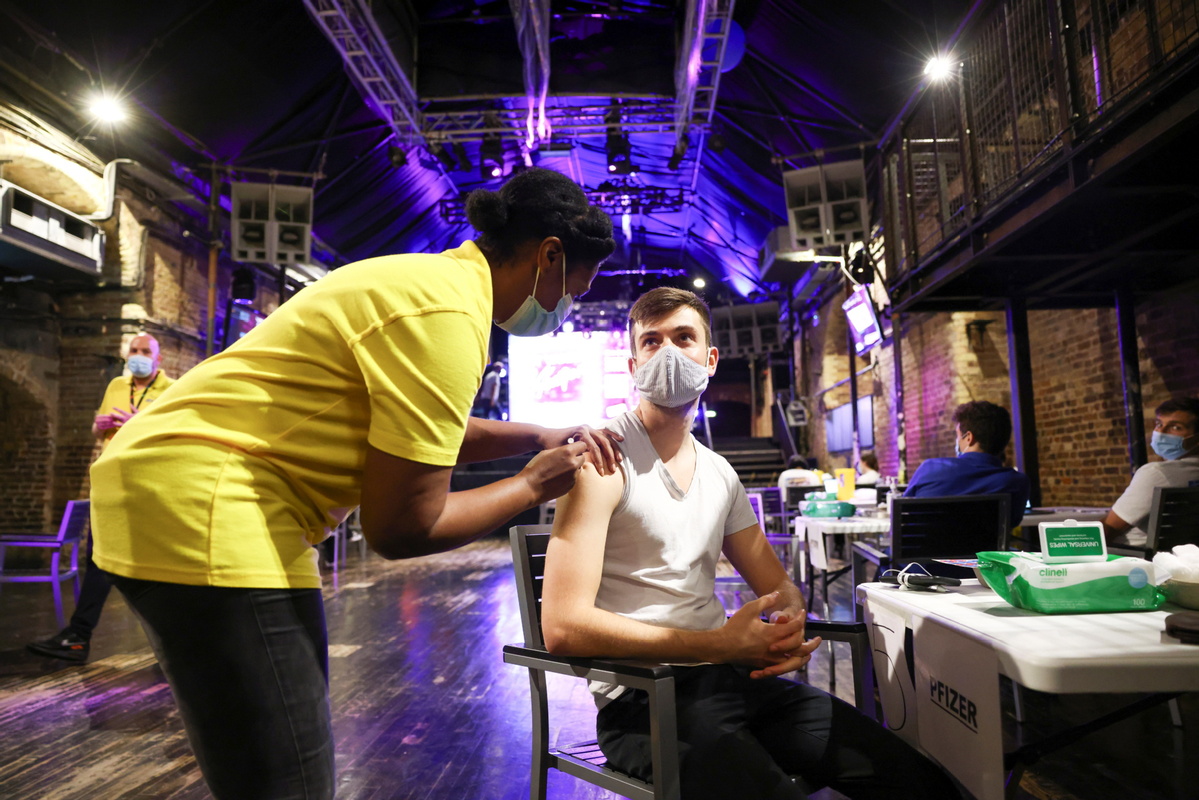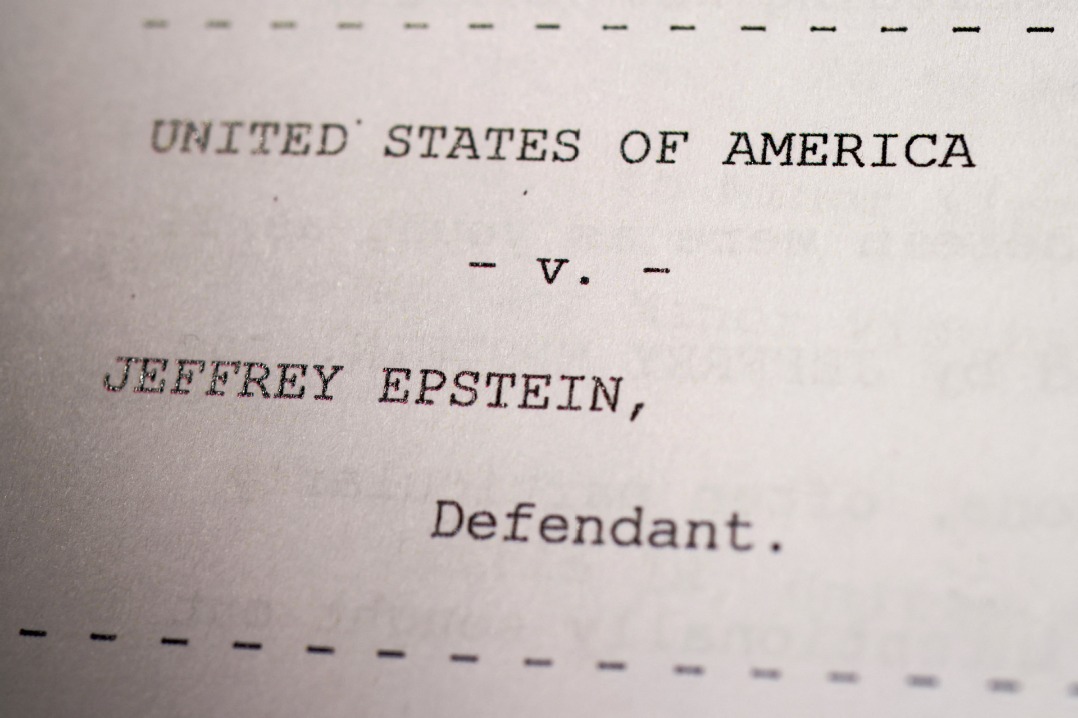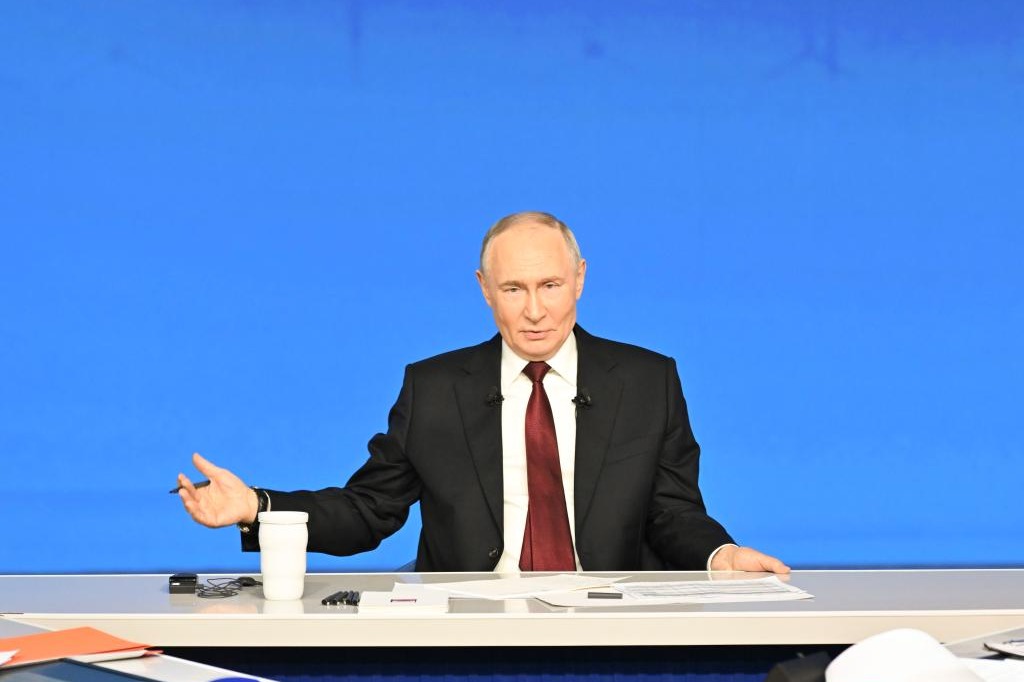Jab surplus described as 'vaccine apartheid'


Britain's opposition to IP rights waiver 'worsens situation', say campaigners
The United Kingdom will have a surplus stock of 210 million COVID-19 vaccine doses by the end of the year, data shows, as campaigners say poorer countries remain in desperate need of supplies.
Research from life science analytics company, Airfinity, suggests the UK will be receiving about 467 million vaccine doses by the end of this year, yet the expected demand for the nation, including booster shots in the fall, is only 256.6 million doses.
Campaign group Global Justice Now, which campaigns on issues of global justice and development in the global South, claims the surplus vaccines would help inoculate about 211 million people living in the world's 10 least-vaccinated countries.
Nick Dearden, director of the organization, told The Guardian that low- and middle-income countries were left "fighting for scraps", which he said was an "insult to the thousands dying each day".
He said the issue is exacerbated by the UK opposing a temporary waiver to intellectual property rights for vaccines that would allow more companies overseas to produce jab doses themselves.
The proposal for the waiver was tabled at the World Trade Organization, or WTO, by India and South Africa in October 2020, and now has backing from the United States, France and Italy.
But with disagreement persisting between nations at the most recent WTO meeting on "the appropriate and most effective way to address the shortage and inequitable access to vaccines", a decision has been pushed back to October this year.
According to analysis from Oxford University's Our World in Data, the 10 countries with the smallest proportion of people vaccinated are: the Democratic Republic of Congo (0.005 percent), Haiti (0.003), Burkina Faso (0.01), Vanuatu (0.03), South Sudan (0.04), Yemen (0.04), Chad (0.04), Syria (0.05), Guinea Bissau (0.06) and Benin (0.1).
The World Health Organization, or WHO, estimates that 60-70 percent of the world needs to be inoculated to reach "global immunity".
Max Lawson, Oxfam's head of inequality policy, told The Guardian that the situation could lead to "vaccine apartheid".
He said: "The British government is ignoring the WHO's advice, issuing booster shots and dogmatically defending vaccine patents. It's only going to prolong the pandemic, leading to more deaths and, ultimately, to mutations of coronavirus that could undermine the UK's own vaccination program."
The Guardian quoted Shami Chakrabarti, a former Labour Party shadow attorney general, as saying UK government ministers were "closing down every avenue for low- and-middle-income countries to access vaccines with sufficient speed and scale".
"For the government to see such suffering and impede every solution is an utter failure of common decency let alone human rights obligations," she added.
A government spokesperson said: "The UK is committed to supporting a global recovery to the COVID-19 pandemic and improving access to vaccines.
"We have committed to donate 100m doses by June 2022, with the first deliveries starting last week. On top of this, UK funding is helping to provide more than a billion vaccines to low- and middle-income countries through Covax."

































